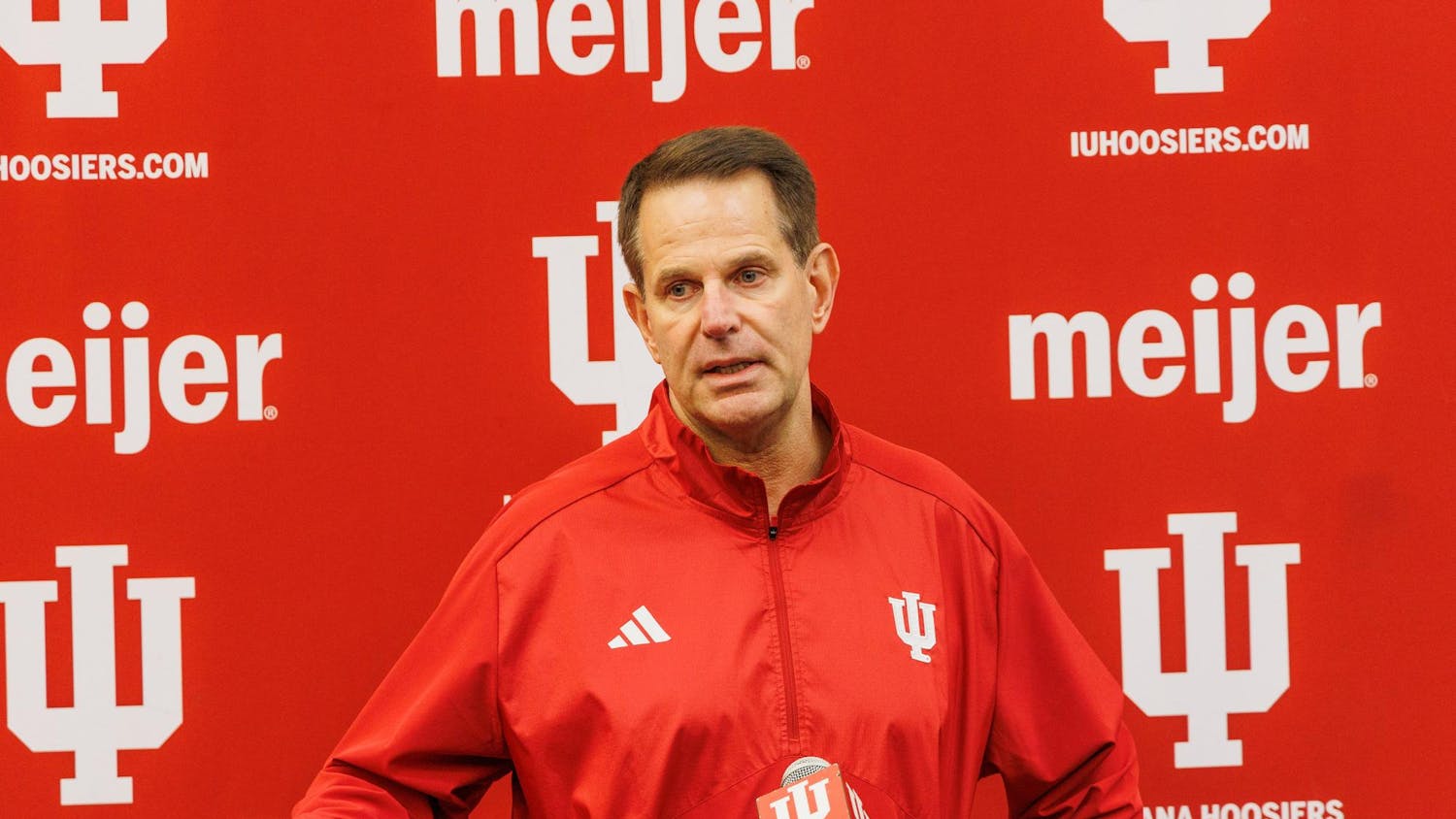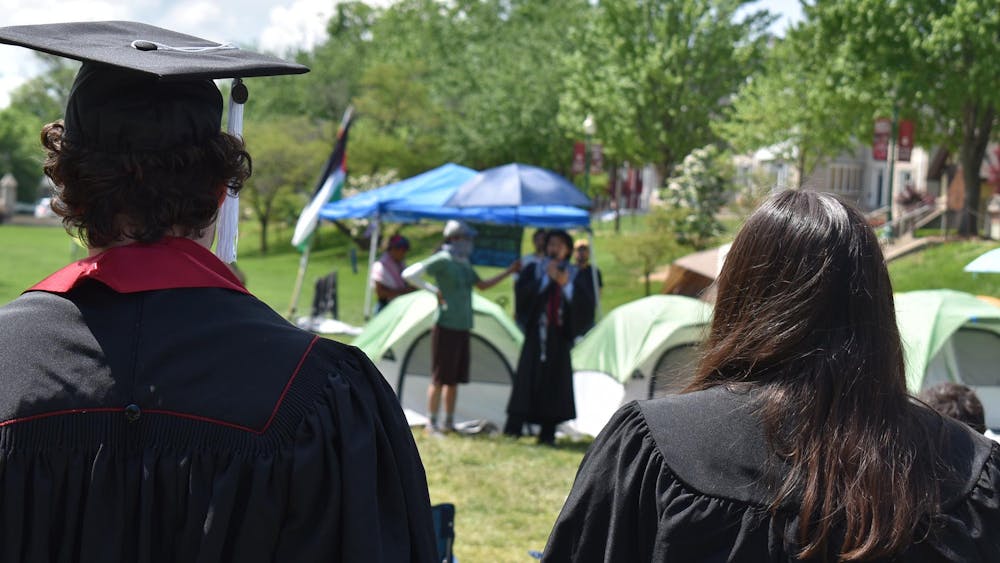A study published this week by IU's Center for Evaluation and Education Policy has given new perspective to the debate to raise admissions standards at IU-Bloomington.\nThe research found that, though the state of Indiana has improved its rate of sending high school students to college, placing college students in remedial classes might do more harm than good.\nIU officials say high schools are attempting to better prepare students for college, which should decrease the need for remedial classes.\n"One would assume that the more rigorous the requirements for getting into an institution, the less need there will be for remediation," said Vice President for Institutional Development and Student Affairs, Charlie Nelms.\nThe survey said that "increasing enrollment in higher education, heightened competition in the job market and poor preparation in high school all affect the level of need for remedial education."\nWhile Purdue University and Ball State University offer no remedial classes, the survey reported that one in seven IU-Bloomington students take at least one remedial class. Numbers for IUB's remedial classes have slowly risen the past few years, according to the study.\nIU Chancellor Ken Gros Louis said IUB graduates 71 percent of its students -- the second highest rate of all public universities.\n"I'm a big believer in public education," Gross said. "I think it's important that students who graduate in top half of their class should be able to experience all that IU has to offer." \nJanet Stake, director of guidance at Bloomington High School South, said that four-year universities aren't for everyone and that remedial classes are often counterproductive.\n"I don't agree with Indiana University-Bloomington offering remedial programs," Stake said. "I see a lot of students get accepted to IU, and I know they aren't going to make it. It's a travesty for students who aren't going to succeed taking loans to pay for remedial classes that won't allow them to catch up."\nStudents taking more than one remedial reading class earn a bachelor's degree only nine percent of the time according to the study, compared to 54 percent for students who required no remedial education.\nOverall, 23 percent of students across the state of Indiana took at least one remedial class in college, with most taking classes at Ivy Tech Community College, a facility that teaches more than three quarters of remedial classes in Indiana, according to the study. Those numbers are growing rapidly. In the last five years, more than 1,000 class sections were added, and 25,000 more students were enrolled in them, according to the study.\nBridging the gap between high school and college is a way to help students avoid remedial programs, high school advisers say. Some four-year universities, such as California State University, have started programs to help students get the skills they need before it's too late.\n"The Early Assessment Program has high school juniors take a test to determine who's ready for college-level math and reading," said Helene Mandell, system-wide director of CalStateTEACH. "The program has shown success in getting students prepared for the transition to higher education." \nStake argued that not all students are fit for four-year universities and should consider other options out of high school.\n"Just because Indiana University is a public school, it doesn't mean everyone should have access to it," she said. "Ivy Tech is a good option, as are technical schools. We need electricians and plumbers, too." \nOn the other hand, the survey pointed out that sending all remedial students to community colleges creates a larger gap between the "haves" and "have-nots." The survey warned of a caste system where two-year institutions will be seen solely as remedial schools. \nReworking the Core 40 program is one step high schools are taking to better prepare students for college. Core 40 is a set of required classes from all fields that students must complete to graduate. It has been around for years but will become mandatory for all incoming high school freshmen in fall 2007. Now students will not be able to opt out of the Core 40 program without a parent and adviser conference.\nThe program is important because, according to the survey, the quality of courses completed in high school is a greater predictor of success than test scores, class rank or grade point average. \nBloomington High School North Principal Jeff Henderson said reworking the Core 40 program is just one of a number of steps Indiana high schools are taking to give students a better education. \n"We've currently engaged in discussion of the future of high schools," Henderson said. "We're looking at eight models of high school reform and looking at small learning communities and are working to open up communication." \nPart of the issue is "senioritis," which Henderson said he hopes to overcome by keeping students involved.\n"We must keep seniors engaged and participating," he said. "Involving them in programs like internships, senior projects and increasing communication with parents and teachers is important to students' success in high school and whichever path students choose"
IU survey: Students need more college preparation
College remedial education classes not helping students graduate
Get stories like this in your inbox
Subscribe





